|
When we first decided to take the plunge, buy an RV, downsize our possessions, and hit the road, we poured over blog articles, watched countless YouTube videos, agonized over what to bring and what to leave behind, and then dove in head first and learned as we went along. Since then we have compiled a list of all the things we wish we knew before moving into our RV full time. See our ultimate guide to full time RV living.This post contains Amazon affiliate links. They cost you nothing but we make a small commission. Why You Should Consider a Life of RVingThis is one thing we've talked about before. The short version: freedom, flexibility, family, and friends. If you still need convincing, read 10 Reasons You Should Quit Your 9 to 5 and Travel the Country in an RV. How to Choose an RV for Full Time LivingWe see this question all the time. Most of the time it's worded something like this: "What's the best RV?" The answer is that there is no answer to that question. Every situation is different! But with these guidelines, we can help you narrow it down to the right recreational vehicle for you! 1. Bumper Pull Travel Trailer vs. Fifth Wheel Travel Trailer vs. Motorhome Consider the vehicles you already have. Do you have a nice, big truck or SUV that can handle towing a travel trailer or fifth wheel? Is your truck already equipped with a gooseneck hookup, or would you need to add that? Will you want to use your truck bed for extra storage? Or do you have a small vehicle that would be easier to pull with a motorhome? 2. Large, Comfy RV vs. Small, Lightweight RV Consider what you plan to do while you are in parks. Will you spend most of your time inside watching TV? Or will you get out, explore the towns, and spend time in nature? Are you a hiker? Do you like to canoe or kayak? Would you rather cruise around on your bicycle than watch a movie? If you plan to be inside most of the time, you may want something roomier. If you plan to get out and explore or want to force yourself to get out and exercise, consider something smaller. Consider the number of people and animals that will travel with you. A single person or a couple with no children and no pets can easily live full time in a small RV. A family of five with three dogs will definitely need something larger. Consider your budget. If you want to start off your RV lifestyle without debt, consider how much you can afford to buy for cash. If you want something big and can afford a large monthly note, go all out! Consider gas mileage. This goes hand-in-hand with your budget. Generally the bigger the RV, the lower your MPG's will be. So make sure your budget will allow for both a monthly note if you have one, plus the fuel to travel around. Consider slides. Slides are a great way to add extra living space while you're stationary. But they do have their downsides too. We have heard horror stories of bugs riding in on the slides, causing a serious bug infestation, or the motors going out on the slides. When stopping at a Wal-Mart parking lot for the night, slides make it nearly impossible to get inside without opening them, and with them open, it's quite obvious you're staying the night. So having no slides means less living space, but possibly less aggravation and fewer costly repairs. How to Downsize A Home for Full Time RV Living1. Carefully select the tools, clothes, and household items you'll need in your RV. 2. Sell the big stuff. Once we made the decision to move into a camper, we started selling large items on Craigslist and OfferUp. This takes time, so start early. 3. Have an estate sale. Because you'll basically we getting rid of most of your "estate," the word fits. Put everything you're keeping in your RV if you already have it, or in one room of your house and close it off. Then let people come through and buy anything else they see. Living in a gated apartment building, this was very difficult for us to do, but we still managed to unload quite a few clothes, shoes, kitchen gadgets, decorative items, and small pieces of furniture over our three-day sale. 4. Put important items into storage. If you absolutely must keep some things that you won't have room for in your RV, see if you can store a few family heirlooms at a family member's home or rent a small, conveniently-located storage unit. We currently have a storage unit in Houston that are working to eliminate. This is not something I recommend, but if you are having anxiety attacks about getting rid of certain things, store them. If in your first year on the road, you never go visit your storage unit to retrieve things that you've realized you can't live without, donate the storage contents as well. After a year without them, looking back at your storage costs, you may decide they aren't as important to you as you thought they were. 5. Donate the rest. Trust me, it feels good. We gave some furniture to friends who helped us move larger pieces, and took five truckloads of general clutter to Goodwill and Salvation Army. Keep an itemized list to write off! Tools Needed for Full Time RV Living
How to Plan A Full Time RVing BudgetWhen considering a life of full time RVing, many many factors will affect your budget. When we started thinking about moving into an RV to pursue our dream of traveling the country, we were living in Houston, close to downtown, paying over $2000 a month for rent and utilities. So for us, finding places where our monthly costs are lower than what we were paying before has been simple. And when you factor in that the workamping jobs we've taken have all included our "rent" and utilities, we are definitely coming out ahead, as long as we are relatively stationary (ie. not moving to a new location every few days). Our Typical Costs While RVing Full TimeRV Sites: The cost of RV sites varies greatly, but what we've found is that, for the most part, one night in an RV resort can range from $35-$60. A basic campground is generally $25-$45 per night. If you plan to move every few days, it can certainly add up. However, we stayed at a basic RV park north of Houston for $75/week. We also found a "grand opening special" in Houston for $330/month (half the regular cost, now that they are fully open and no longer offering discounted rates). Utilities: In most places, daily rates will include utilities, but weekly and monthly rates will have an additional cost for electricity. For us, even running A/C in Texas, our electric bills have been between $20 and $30 a month. Factors to Consider When Budgeting for Your RV Lifestyle1. How often will you move around? Will you stay in each location for a month or more, or will you bounce around from place to place, staying only a few days at a time? Many parks offer monthly and seasonal discounts. If you want to keep your budget lower, consider staying in each place for a month or more. One benefit is that you will really get a chance to experience that town, talk to locals, and get to know the campground owners/managers. Plus, when you stay for just a short time in each place, you spend precious time setting up and tearing down, which, to be honest, gets old quickly. And each time you move, you'll accumulate fuel costs. Depending on where you are, how far your go, and how big your rig is, these fuel costs can add up to mucho dinero, greatly affecting your monthly budget. 2. Will you stay near largely touristy areas and big cities, or will you get out into rural areas and enjoy nature? Campgrounds in large cities like Houston and Portland have price tags that reflect the location. Okay, so your "rent" at a campground in Houston might not be the same as our rent on our apartment was, but it's still more than rural locations will be. And touristy areas like Niagara Falls and Yellowstone will also have price tags indicative of the number of people who visit those areas every summer. 3. Are you willing to work a few hours in exchange for your site? These "volunteer" types of positions are abundant. Work a few hours a week in the office or doing yard work in exchange for a full hook up site (and often extra perks like free laundry, discounts at the convenience store, etc.). 4. Will you cook and grill at home, or will you want to eat out most nights? Depending on your location, your food costs can be exorbitant if you don't prepare meals in your RV. We have a 3-in-1 grillet that we use most days, plus a small portable grill that's just perfect for the two of us. We typically eat out only on travel days or days we go grocery shopping. When we lived in Houston, with so many decadent food options nearby, we ate out more often than I care to admit. So by staying in more rural areas and cooking more, we've saved tons on food costs! 5. What normal expenses will you still have after you move into your RV? We exchanged renters insurance for insurance on our travel trailer. We still have cell phone costs, but eliminated home TV and Internet services. Because we aren't driving back and forth to work every day, our fuel costs are significantly lower, especially when we are relatively stationary. 6. Will you look for any boondocking/dry camping places where you can stay for free for limited numbers of days? Many national parks and forests have areas where you can stay for a few days at a time without any cost to you. The downside is that you have no electricity, so you'll need to buy a generator, add solar panels, or plan according to the weather. You'll also need to fill your fresh water tank before arriving at your camping spot if you plan to make use of your restroom, wash dishes, wash your hands, etc. All the Necessities for Full Time RV LifeThis is another topic we've written about extensively. For our lists of RV Must-Haves, check out these three posts: Full Time RVing Essentials, Part 1 Full Time RVing Essentials, Part 2 Full Time RVing Essentials, Part 3 Storage Hacks for Full Time RVingObviously, you want to make the most of the storage space your RV comes with. For under-the-bed storage, we like bins and/or crates to keep things neat and organized. For our cabinets, we bought small free-standing shelves to give ourselves more space and keep cans and cups neatly stacked ($1 each at Dollar Tree). Under-the-bench storage should also be utilized. We store seasonal clothing, as well as office supplies, and extra canned goods under ours. To keep some items out of cabinets and give us easy access to them, we purchased three hanging storage bags from IKEA. Two of them hang on the outside of the bathroom door by the kitchen and store spices and miscellaneous lightweight kitchen supplies. The third hangs on the wall in the bathroom and holds everyday essentials like deodorants, hair brush and pick, etc. Our favorite storage find were these plastic sets of drawers by Sterilite. We purchased four of them. Two hold food and kitchen items. The other two hold clothing. They are lightweight but durable, and, for plastic drawers, they don't look bad. For our fishing poles, Marvin had a genius idea to hang them up using Command Cord Hooks. Now the fishing poles have a great home right above the window beside the bed! And I freed up some space in my two, tiny kitchen drawers by using these Command Hooks to hang up six of my larger cooking utensils. The best advice we can give you is to remember the old adage: "A place for everything, and everything in its place." How to Connect and Disconnect RV HookupsThis is one process that's much easier to show you than to explain, so if you are unsure of which connections go where, head over to our YouTube video. How to Set Up and Tear Down A Travel TrailerThe first few times you set up and tear down your RV, you will most likely forget something. It may be something little, like closing an interior door, or it might be something big, like leaving your sewer hose connected to your RV. We created free printable checklists to help you (and us!) remember all the little things that are so easy to forget. One general rule is to secure anything that isn't attached to something else. We have hanging bags that we take down so that they don't scratch up the walls and bathroom door. Everything that usually sits on the counters is placed on the floor or on the bed. Items inside cabinets and the refrigerator are secured with rods. Our standing, oscillating fan lays down for a nap on the bed. You get the idea. Close all windows and doors, bring in all antennas, unplug all small appliances, change the refrigerator to its appropriate travel setting, empty black and gray tanks, raise all jacks, raise the step(s), etc. If in doubt, secure it, because better safe than sorry. And use the checklists so you don't forget anything! How to Dump Black and Gray Water TanksFlushing the tanks is not a difficult job. It's a little tedious, but not hard. If you aren't sure how to do it, click over and watch our YouTube video. Tip #1: ALWAYS keep the black tank closed until you are ready to flush it. Give your gray tank time to fill up before you need to flush the black tank. Tip #2: ALWAYS flush the black tank BEFORE flushing the gray tank. This will allow the water from the gray tank to flush out the line after you've flushed the black tank. How to Make Money on the RoadThousands (or at least hundreds) of ways to make money while you travel exist for those who want to live in an RV full time. 1. Direct Sales Many who decide on a life of full time RVing already participate in direct sales, like Mary Kay, It Works, and thirty-one. Because of the nature of these businesses, they lend themselves to travel. Travel to different towns to participate in craft fairs, or travel to visit friends who agree to host parties. 2. Travel Nursing We've had the privilege of knowing a couple women who travel with their nursing careers. They spend anywhere from six weeks to six months in one location, working at one hospital. Then they transfer to a different hospital in a different location. 3. IT Work, and other jobs that can be done remotely A growing number of people work in the IT field, making it easy to work from nearly anywhere. And with the technological advances available today (with more on the way, I'm sure), a growing number of people who aren't in IT can also work remotely, provided that they have reliable Internet. If you have a job that you believe you could do just as well from home, but are currently required to drive to an office every day, talk to your boss and try to slowly work your way into working more and more remotely over the next few months, as you prepare for your full time RV lifestyle. Ask for one to two days a week in which you could work from home. Make sure you get even more work done than you normally would in the office! Then ask for an extra day, citing your amazing increase in productivity as a result of working from home. If all goes well, you'll be on your way to full time RVing, and you'll still be able to keep your current employment! 4. Blogging, freelance writing, or writing a book If you enjoy writing and have the necessary grammar skills to do so, consider starting (and monetizing) a blog, doing freelance writing, or writing your very own book. Though these things may not be huge money-makers, especially at first, if your expenses are low, they just might pay the bills and keep you on the road! 5. Workamping This is one of our favorite ways to make a little (or a lot of) extra dough. We just completed our third workamping gig. Each job has been vastly different from the others. In November and December of 2016, we sold Christmas trees outside Memphis, TN. We worked 12 hours a day, 7 days a week. Marvin carried and loaded trees on top of cars, I handled cash and credit card payments. We worked in the wind and the rain and the freezing cold. We priced and tagged every tree on the lot, and by the end of our six weeks, we had learned about various furs and pines, met some wonderful people, and sold nearly 800 Christmas trees. From February to June of 2017, we worked as gate guards in the oil field in South Texas. Again we worked 12 hours a day, 7 days a week. The job was simple: check trucks in and check trucks out. But by May, with temperatures soaring to well over 100 degrees, we were ready for a break, and knew that the end of June could not come fast enough. Now we are in Ontario, Canada, where we worked the month of August as helpers at a family-owned campground. Marvin does property maintenance - weed eating, tree trimming, and wood splitting. I clean the shower houses in the mornings and work in the office in the evenings, taking reservations, checking guests in, and showing them to their sites. This has been the easiest work with the fewest hours, but also the least lucrative. To find our workamping jobs, we use two different sites. Workamper.com has been a gold mine. We did not sign up for the "Pro" version, and so far, we have not needed it. We also posted our resumes on WorkampingJobs.com, and have had a number of responses from that. 6. For more ideas, read Road Cash: How to make money while living on the road. DIY Hacks for The Full Time RV LifestyleWe've posted a handful of fun little projects you can do to improve your full time RV life. See them here: No-Sew, Black-Out, Heat-Reducing Window Shades Faucet Enhancements, Water Heater Conversion, and Shower Splash Guards Insect Screens How to Find Places to Stay in an RV1. Apps and websites that help locate places to stay We have used both the RV Parky App and the Park Advisor App. Of the two, we prefer RV Parky. We have also seen Allstays mentioned several times, although we have not yet used it ourselves. Other resources for finding campgrounds include the National Park website and State Park websites. Various sites like harvesthosts.com and boondockerswelcome.com charge a small membership fee to connect RVers with RV-friendly businesses and individuals who allow overnight stays on their personal property. 2. One-night stays For short, one-night stays, we like inexpensive parks that offer dry camping. Many RVers also use Wal-Mart parking lots and truck stops for a quick shut-eye, and we are not opposed to this in the right conditions, and at a place that does not forbid overnight parking. RV Parky does a pretty decent job of listing places like this that allow overnight parking, but keep in mind that information can change quickly, as more and more Wal-Marts are putting an end to overnight privileges. 3. Short-term stays For short (two- to six-day) stays, we like to find parks that have options with just water and electric for a lower rate. Because these parks will presumably have a dump station, we simply dump on our way out rather than paying more for a full hook up space. 4. Long-term stays For long-term stays, we look for places that offer discounted monthly rates, and we always opt for a full hook up spot. Things to Consider When Booking an RV SpaceWebsites for campgrounds are as varied as the campgrounds themselves. Some offer just the basic information about the grounds themselves; some offer information about the surrounding area as well. Some give all available rates; some give only the basic rate information; and some force you to call to find out what they charge. So when booking a site, particularly if you plan to stay for any length of time, it's important to ask the right questions and do your research so you know what you need and what to expect. 1. What is the surrounding area like? Are there nearby restaurants? Grocery stores? Gas stations? If you know ahead of time that the next gas station is 35 miles from your campground, you won't make the mistake of pulling into the campground on fumes. And if you know that there is only one small grocery store in town, and you need groceries to last three weeks, you can plan accordingly. 2. Will I have a full hook up site? Just electric and water? Just electric? No services? We arrived at a campground in Ohio that had only 15AMP electricity. And we didn't realize there was no water hook up till we were already parked, unhooked, and leveled. So we ran to Wal-Mart and bought a 15AMP adapter and a water tote, and back we went. 3. What amenities does the park have? If you run any kind of online business, or just like to be in the know and keep in contact with friends and family, especially if you are driving through another country, WiFi is hugely important. I made the mistake of assuming that, in this day and age, every campground would have WiFi access. I assumed incorrectly. Know what's important to you, and ask. Don't assume. 4. How close will I be to my hookups? Most parks have your hookups within a few feet of your space. But at a park in Ontario, our electric and water hookups were over 30 feet from our RV, as they were shared with three other sites. Fortunately, we had an extension cord and the water tote, but if we hadn't, or if it had been much farther, we would have been out of luck. 5. Will I have a pull-through or a back-in site? Most people prefer pull-through sites. Some places offer them, but charge more for them. Others don't have pull-throughs at all. I like to know what to expect before we arrive at our site. 6. What time does your office close? If it closes early, and I'm arriving later, what are the late check-in procedures? Is there a gate that closes, locking me out entirely? At a state park in Alabama, where we had made reservations ahead of time, we arrived after dark. The office was closed, but they had envelopes for late check-ins. After setting up, we decided to run back to town to grab a bite to eat. Bellies full, we arrived back at the park... and the gate was locked. In the pitch black, with only a flashlight to guide us, we walked back to the office, hoping to find a guard or some information at the office with the gate code on it. No such luck. We had passed a house along the way, so we stopped there, startled the guard when we knocked on his door, and five minutes later, were let in through the gate. Moral of the story? Find out what time they close, and if there's any possibility of being locked out. 7. Do I qualify for any discounts? If you are military, if you have a Good Sam or other RV club membership, or if you are staying long-term, ask if you qualify for any discounts. After all, "a penny saved is a penny earned." How to Plan a Driving Route and Driving ScheduleTo plan our route, we start with Google Maps. If we have a particular destination in mind, we begin with our starting and ending points, then see what cities or points of interest are along that route. Once I have an idea of where we should stop, in order to keep my map saved, I log in to my Google account and go to My Maps. I can come back later and make changes as necessary, without having to start all over. Many people use the 2-2-2 rule; 200 miles of driving, off the road by 2:00 pm, and stay 2 nights at each campground. We do not use this rule, but we do try to keep our driving at fewer than 6 hours of drive time according to Google. We can account for slightly slower travel and stops along the way, and still be off the road by dark. Some days don't go quite as planned, but for the most part, our system works well. How long we stay at each park depends on the location. We also like to view alternate routes that Google offers. If the back roads will take only slightly longer according to Google, we tend to take the alternate route, in the hopes that we will stumble onto some interesting places. Once we have an idea where we want to stop along the way, we use Google plus the various RV apps, which I mentioned a moment ago, to find particular campgrounds. How to Get Mail When Living in an RV Full TimeWe discussed this in our Full Time RVing FAQ post. If this is a concern, definitely check it out! How to Get RV InsuranceThis was another question we answered in our Full Time RVing FAQ post. By way of an update, we still have Geico, and are still happy with them. We have not yet had to use it (thank goodness!). What to do about Toilet Paper in the RVAnother frequently asked question we covered in our Full Time RVing FAQ post is the old t.p. conundrum. How to Plan a Routine While Living Full Time in an RVMarvin and I embrace and encourage spontaneity, but in some cases, a regular routine is needed. 1. A routine for setting up and tearing down the RV. When we arrive at a new location and get parked, we both get out and look around. I check to see that we are generally level, and Marvin makes sure he's close enough to our hookups. Then he pulls out the levelers, puts the jacks down, connects hoses, and gets everything ready outside. While he's doing that, I go inside, hang up things we've taken off the walls, turn on the refrigerator and hot water heater, and get everything set up inside. Before we leave a location, we do the same thing, but in reverse. Just before we pull out, he looks around inside to make sure I haven't missed anything, and I glance around outside to make sure he hasn't missed anything. We have a routine. And it works. If you are traveling with kids, your set-up and tear-down routine is especially important. Give each kid, especially the older kids, tasks to do to include them in the set-up and tear-down process. 2. A routine for sleeping and meals. When you're living in an RV, especially when you aren't working, it's easy to get into a rut of sleeping too much, eating irregularly, snacking throughout the day, and in general letting yourself get lazy. Make it a habit to get up, make coffee, make breakfast, go for a walk or a jog, eat a good lunch, do some kind of exploring or shopping or something to get yourself out of the RV, eat a light dinner, and go to bed at a decent time. Yes, full time RV living is about having fun and relaxing, but not at the expense of your health. 3. A routine for "work." We take workamping jobs along the way, but even when we aren't working a contracted job for someone else, we still have work to do. Marvin tends to the outside cleaning, and I take care of most of the inside cleaning. And we still have the blog, plus our photography and design work. I generally wake up first, so after I start my coffee (because I can hardly be expected to start my day without coffee!), I work on blogging, social media, editing photos, etc. Once Marvin has woken up and had his coffee, we try to get outside with the cameras, whether we're just walking about the park, hiking local trails, or driving to a destination with great photo opportunities. Afternoons are spent cleaning, cooking a nice dinner, grocery shopping, reading, or doing whatever else we feel like doing or need to take care of. We hope this Ultimate Guide for Full Time RV Living has been super-helpful to you as you begin your journey into the exciting world of RVing! If you have questions about something we've covered, or if you want us to cover something we didn't talk about here, please leave a comment below!
And don't forget to sign up for our travel tips, travel news, RVing tricks, and more!
4 Comments
9/6/2017 10:01:39 pm
This is REALLY helpful. I hope I need to refer to all of it before too long. I think we would love a stint as full-time RVers
Reply
Carolyn
9/6/2017 10:59:01 pm
I'm so glad! I think you love it too!!
Reply
Jesse
9/13/2017 12:31:41 am
Great information! Thanks!
Reply
Carolyn
9/13/2017 07:37:01 am
Glad to help!
Reply
Leave a Reply. |
Welcome to exquisit
|
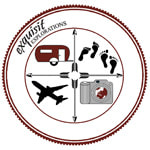
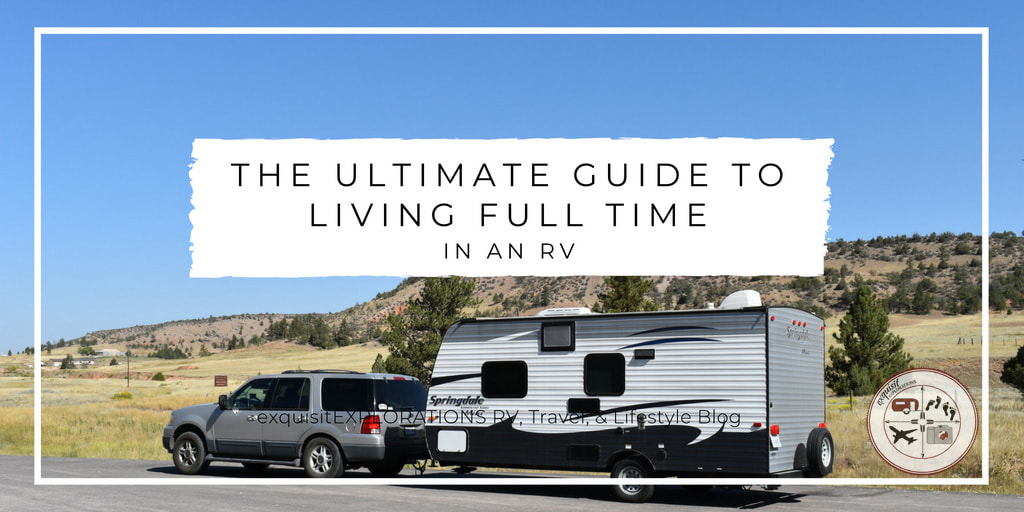
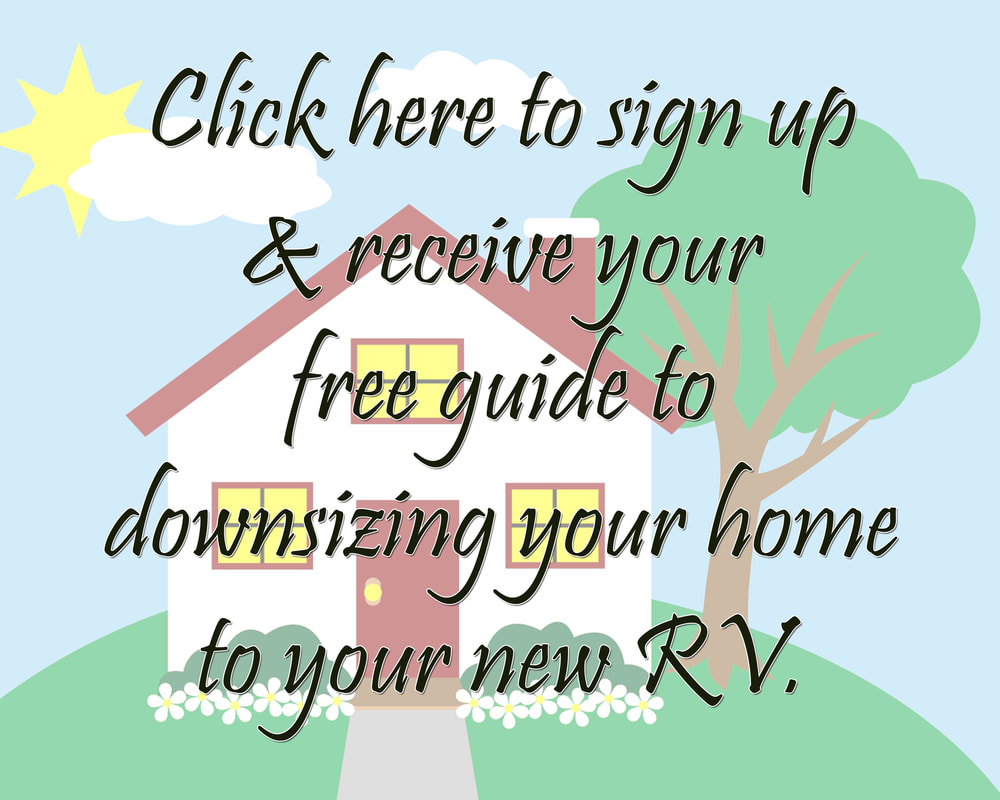

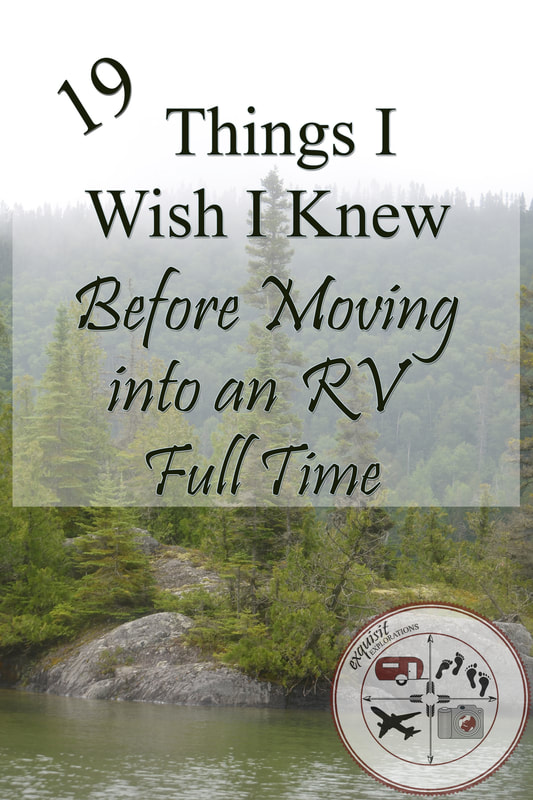
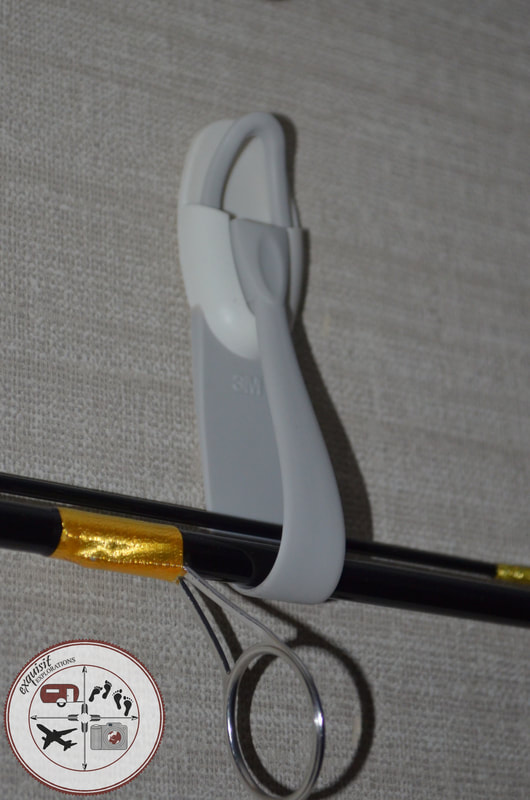
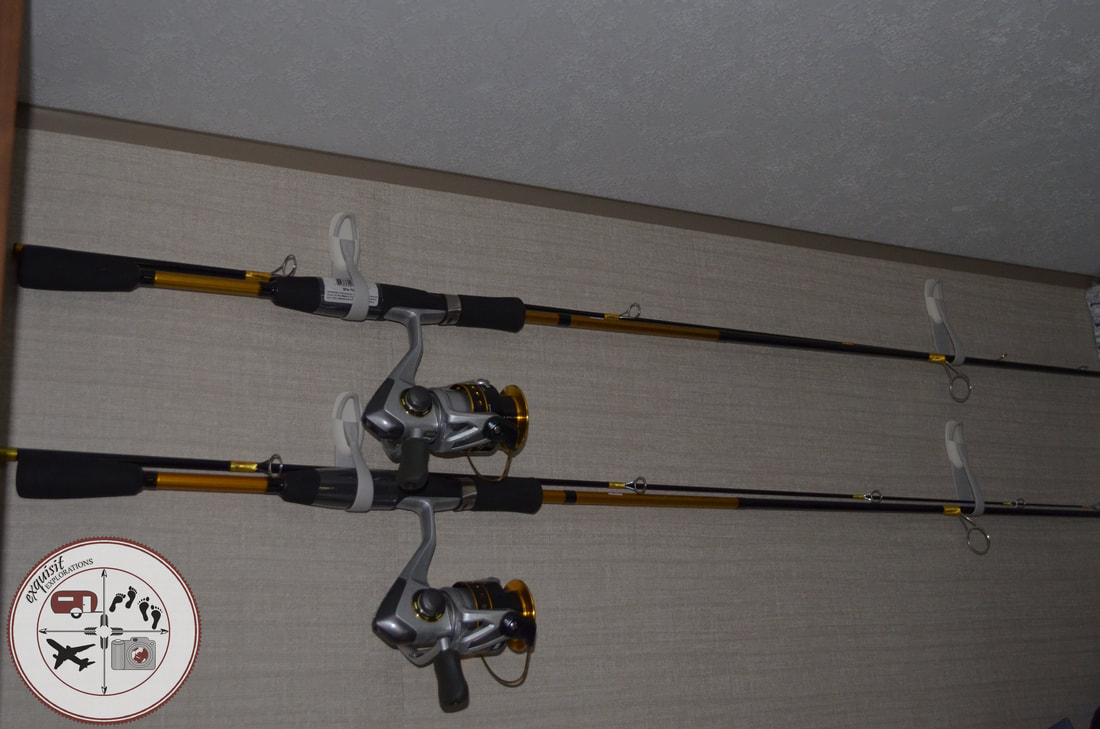
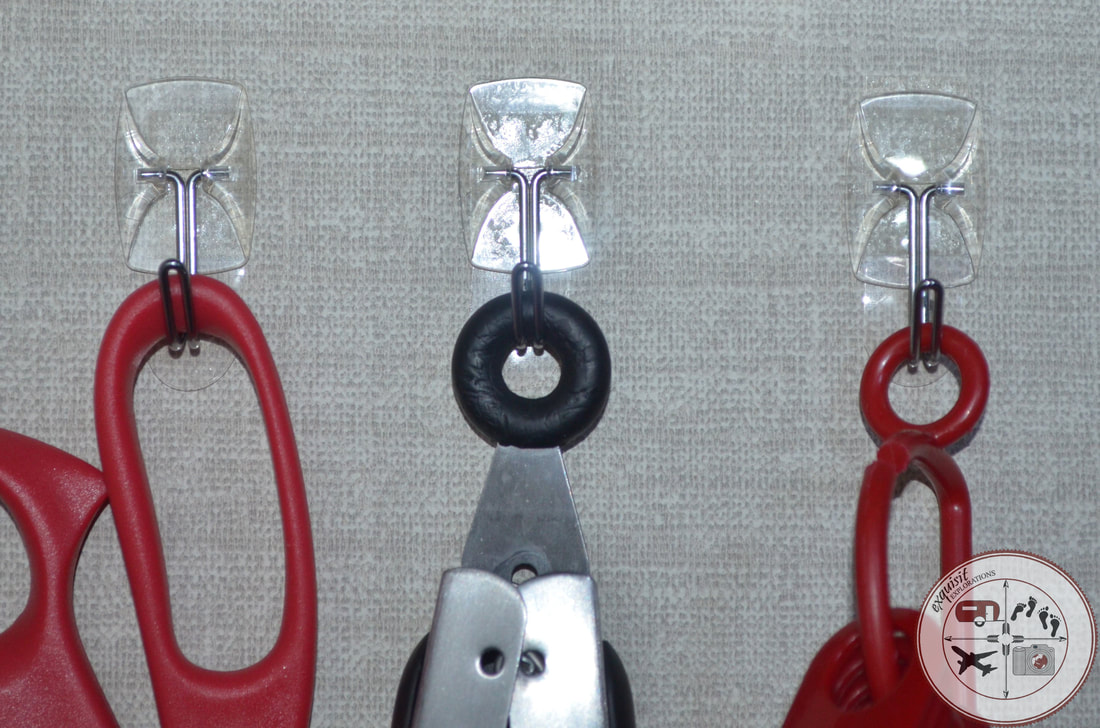
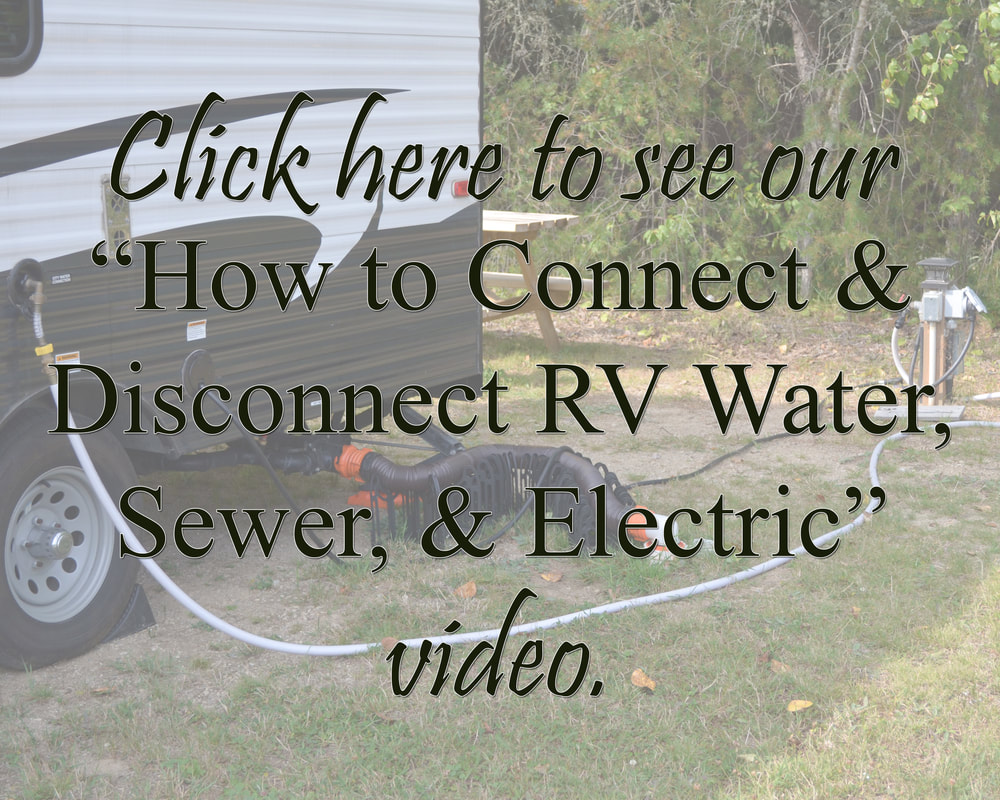
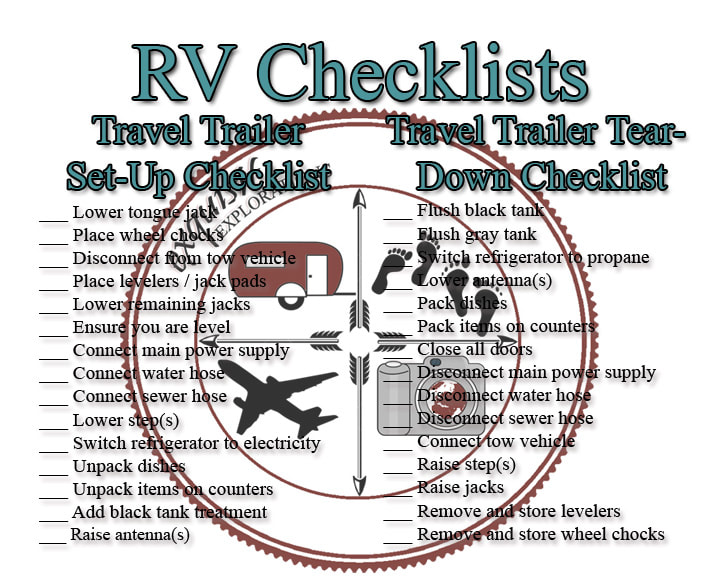
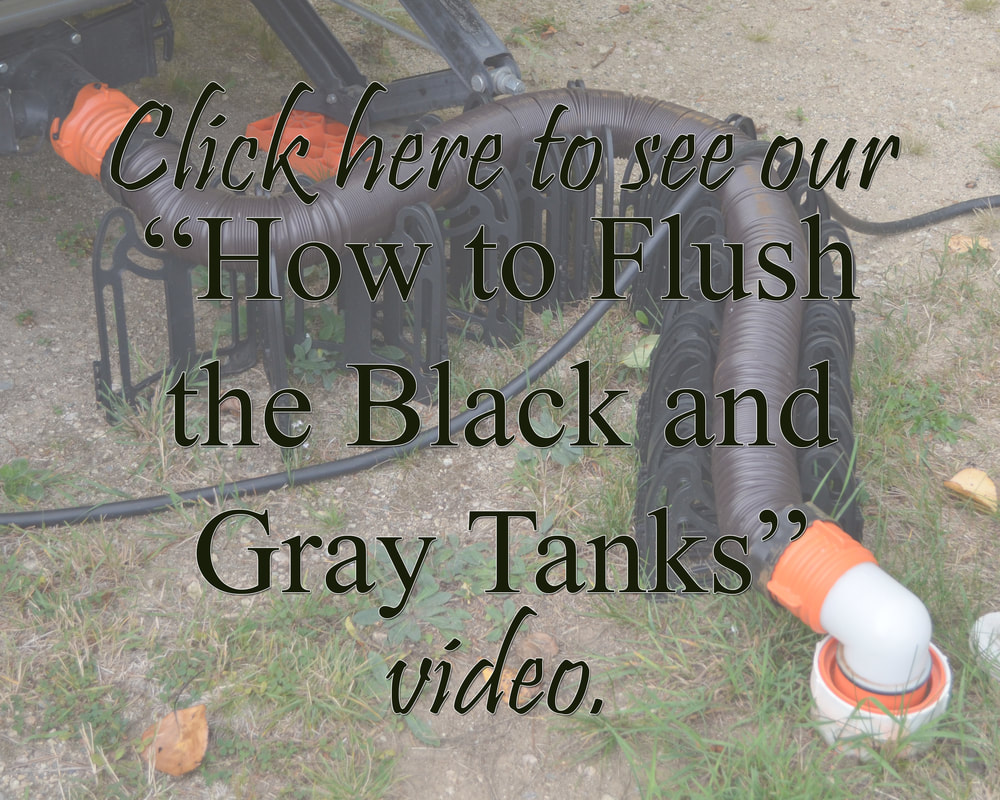
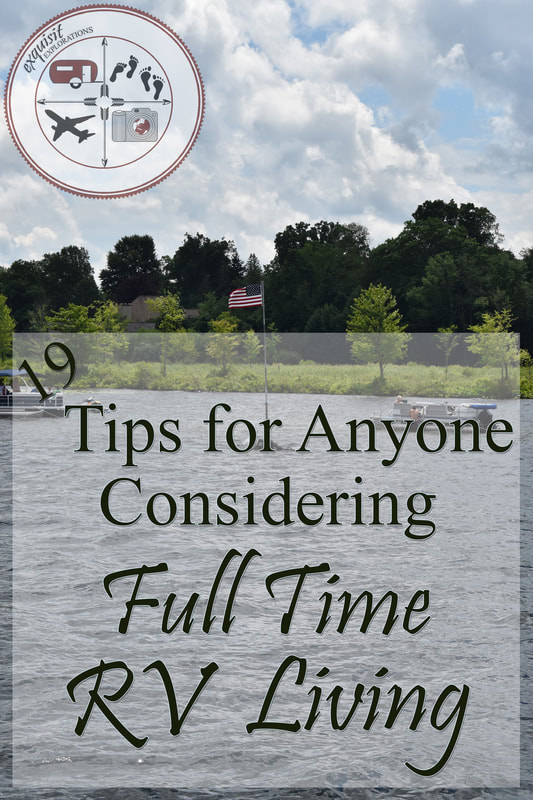

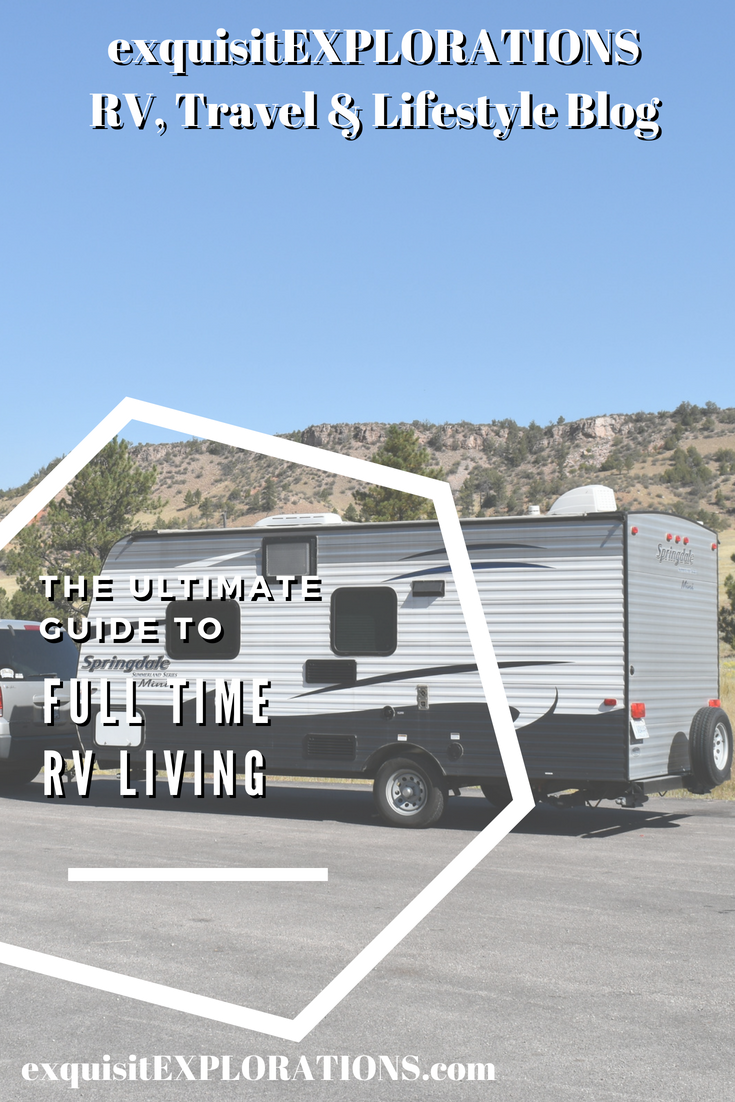
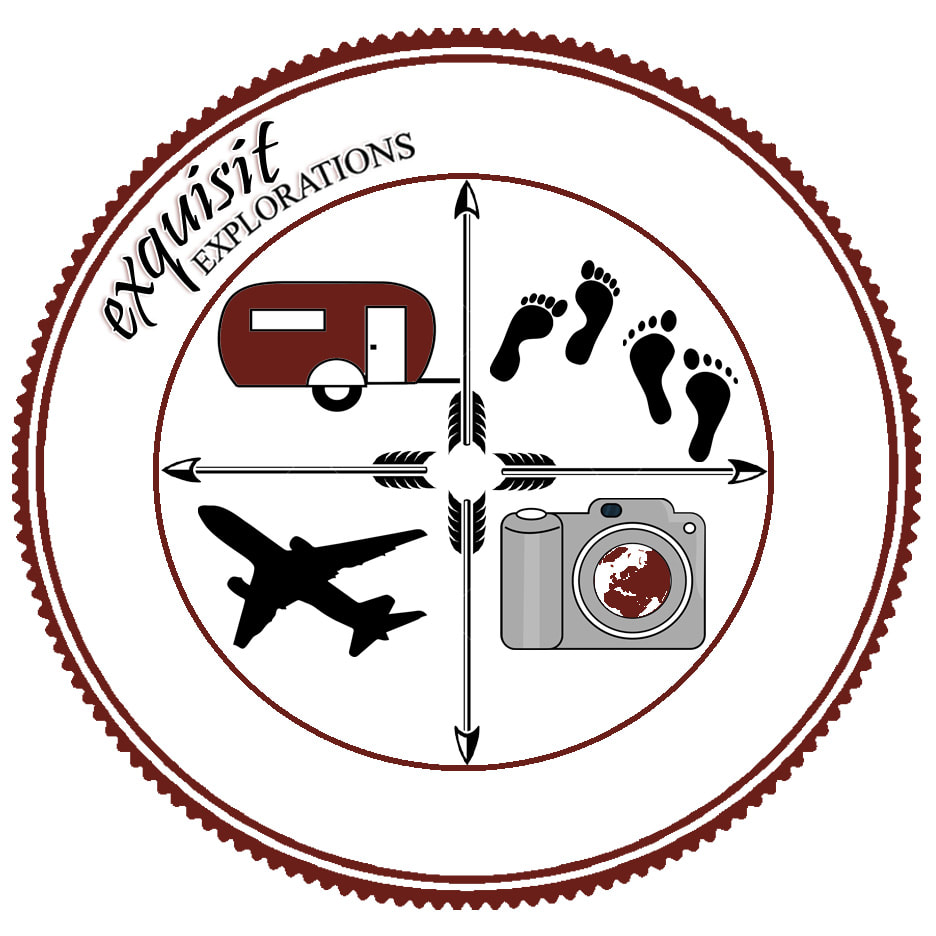
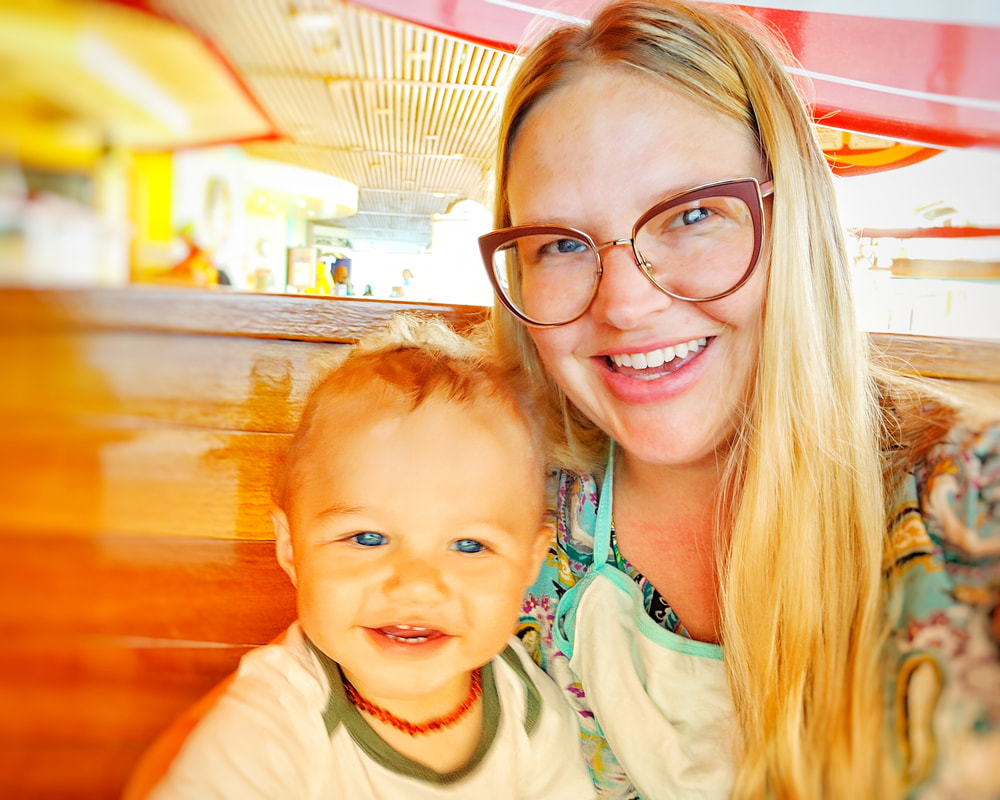
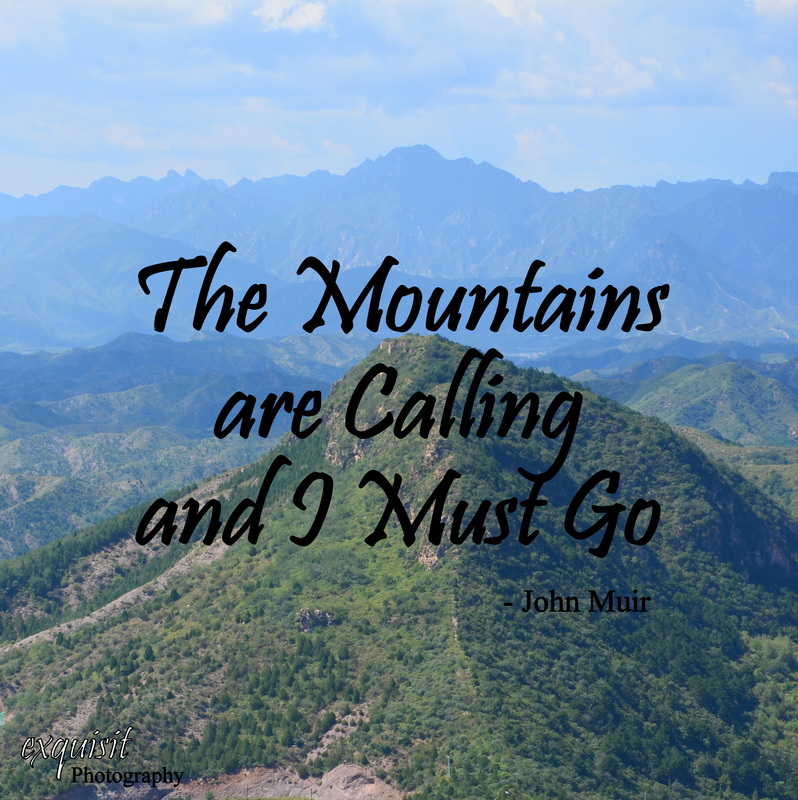
 RSS Feed
RSS Feed
